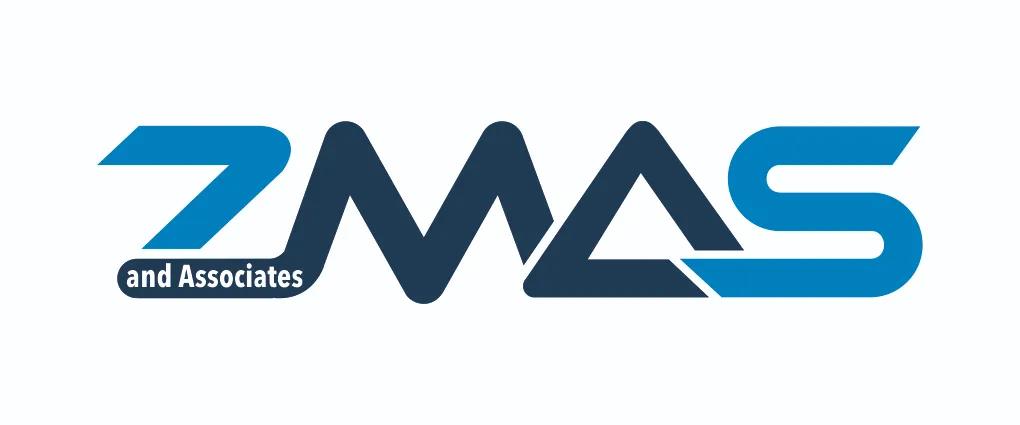Internal audit is a crucial function in any organization, providing independent assurance that the enterprise risk management, governance, and internal control systems are operating effectively. Despite the importance of internal audit, there are many myths and misconceptions about what it is and what it does. In this blog post, we will dispel some of the most common myths about internal audits.
Table of Contents
Myth #1: Internal audit is only about compliance
One common myth about internal audit is that it is only concerned with compliance. While compliance is certainly an important aspect of internal audit, it is not the only focus. Internal audit also helps to identify and assess the organization’s risks and controls, and to provide recommendations for improvement. In other words, internal audit is about helping the organization to be more efficient and effective, not just about making sure it follows the rules.
Myth #2: Internal audit is a police force
Another myth about internal audit is that it is a “police force” that is out to catch people doing things wrong. This could not be further from the truth. Internal audit is an independent function that works to support the organization and its stakeholders, not to punish employees. The goal of an internal audit is to help the organization identify and address any weaknesses or issues and to provide recommendations for improvement.
Myth #3: Internal audit is only for large organizations
Another myth about internal audit is that it is only relevant for large organizations. While it is true that larger organizations tend to have more complex systems and processes, and may therefore require more extensive internal audit efforts, small and medium-sized organizations can also benefit from internal audits. In fact, smaller organizations may be more vulnerable to certain risks, such as financial fraud or mismanagement, and can therefore benefit from the assurance and recommendations provided by internal audit.
Myth #4: Internal audit is expensive
A final myth about an internal audit is that it is too expensive for smaller organizations to afford. While it is true that internal audit can require a significant investment of time and resources, it is also an important way for organizations to protect themselves and their stakeholders. By identifying and addressing potential issues early on, internal audits can help to prevent costly problems from occurring in the future.
In conclusion, internal audit is a valuable and important function that can help organizations of all sizes improve their risk management, governance, and internal control systems. Don’t let myths and misconceptions hold you back from implementing internal audits in your organization. Get more insights on internal audits at ZMAS and Associates.


Recent Comments